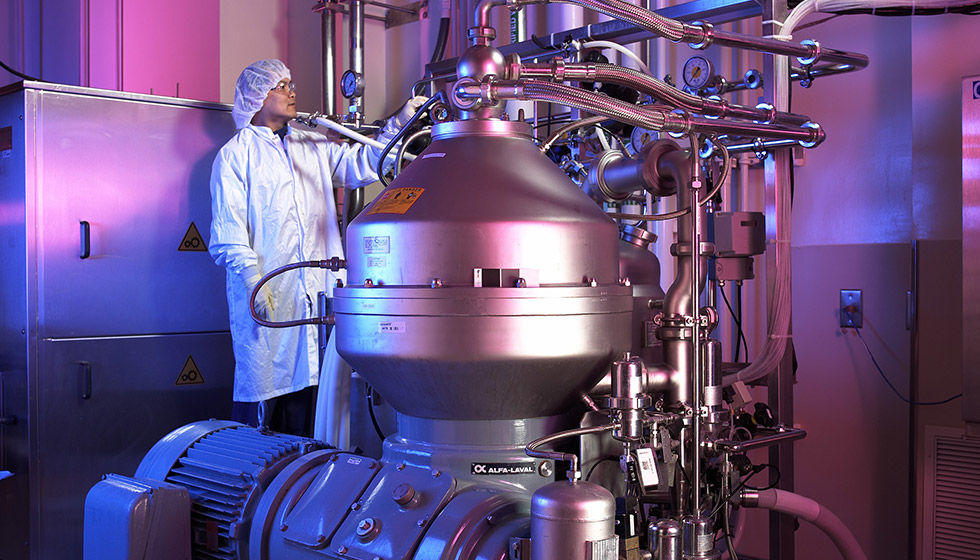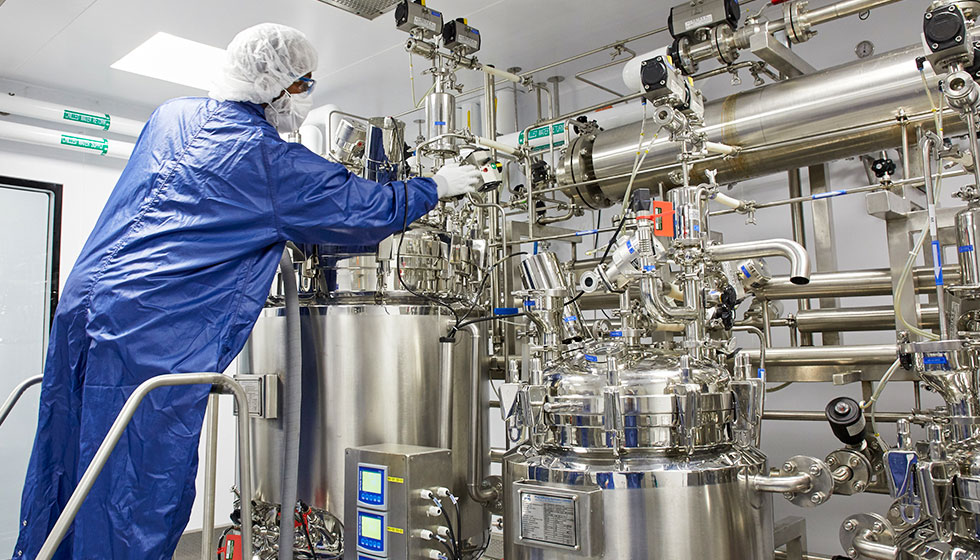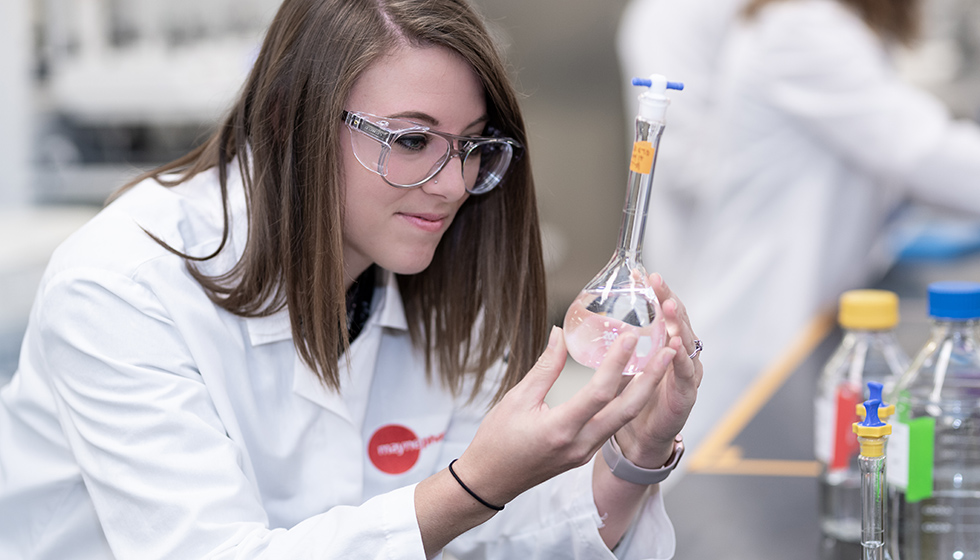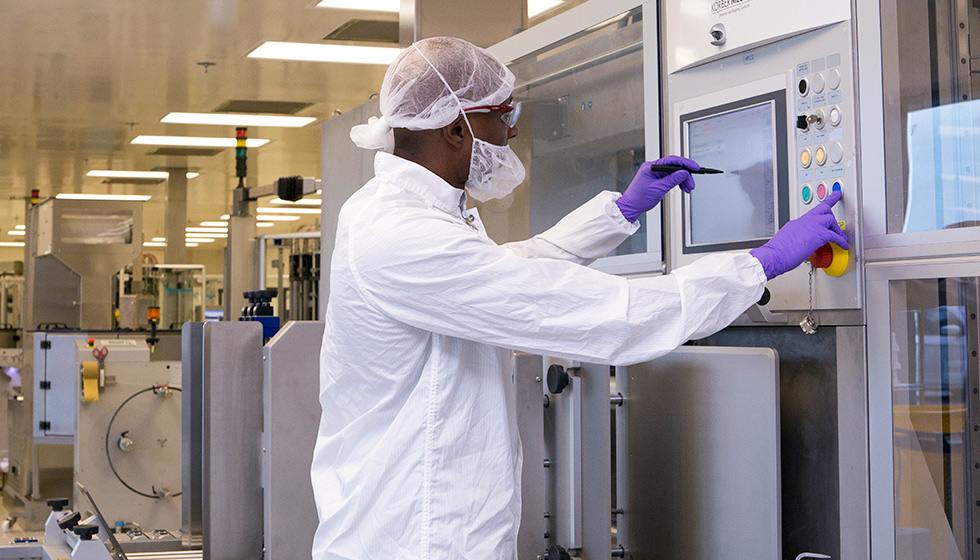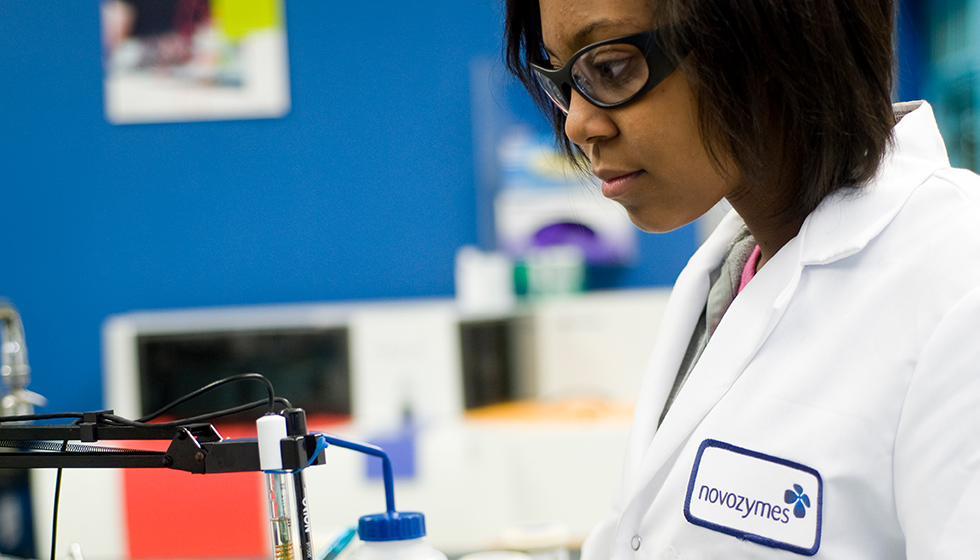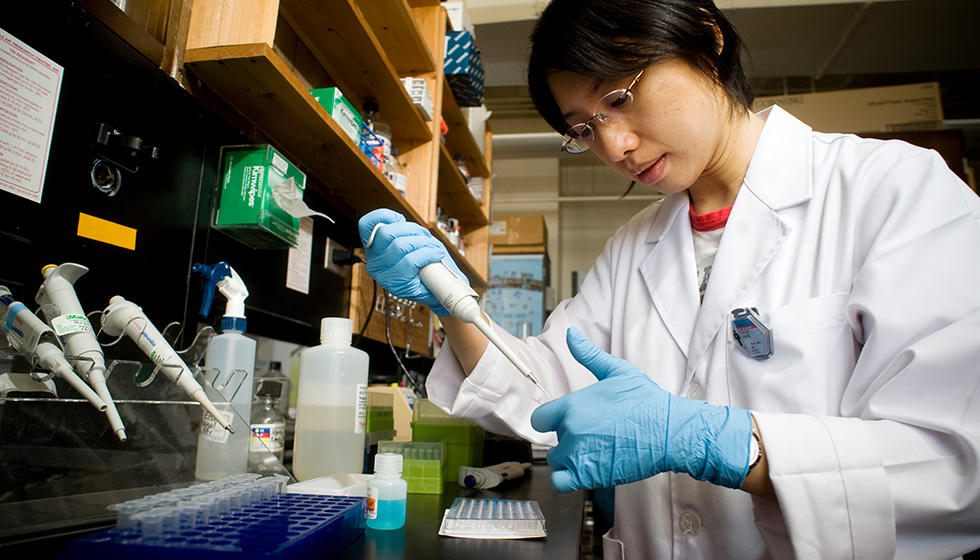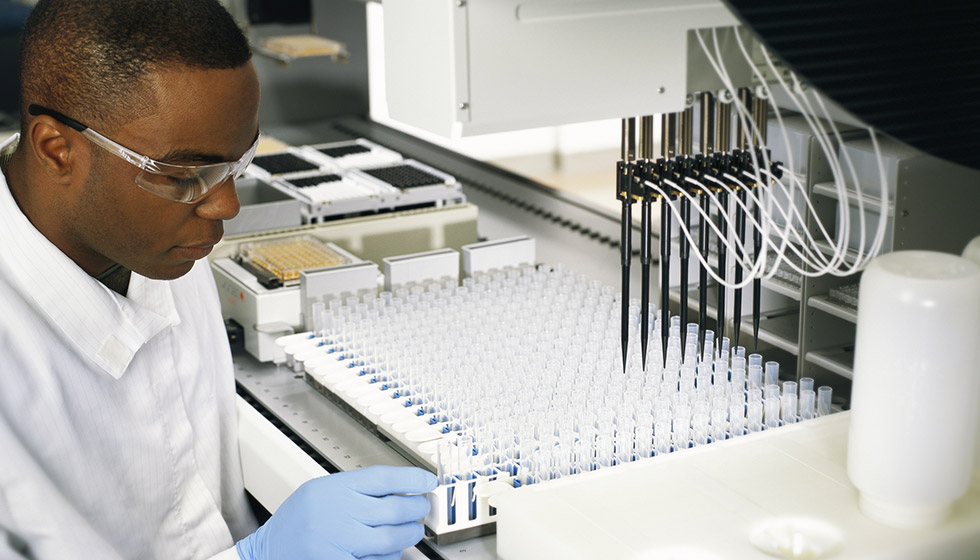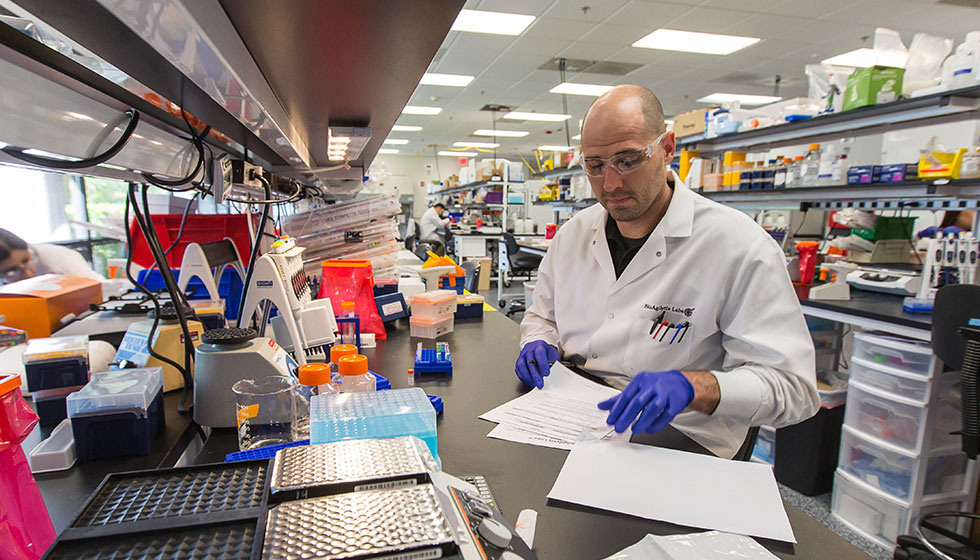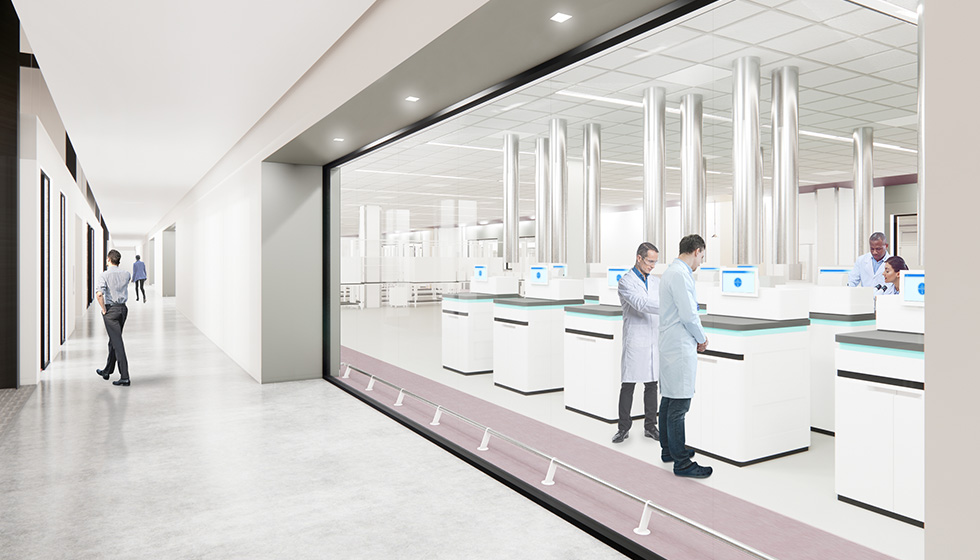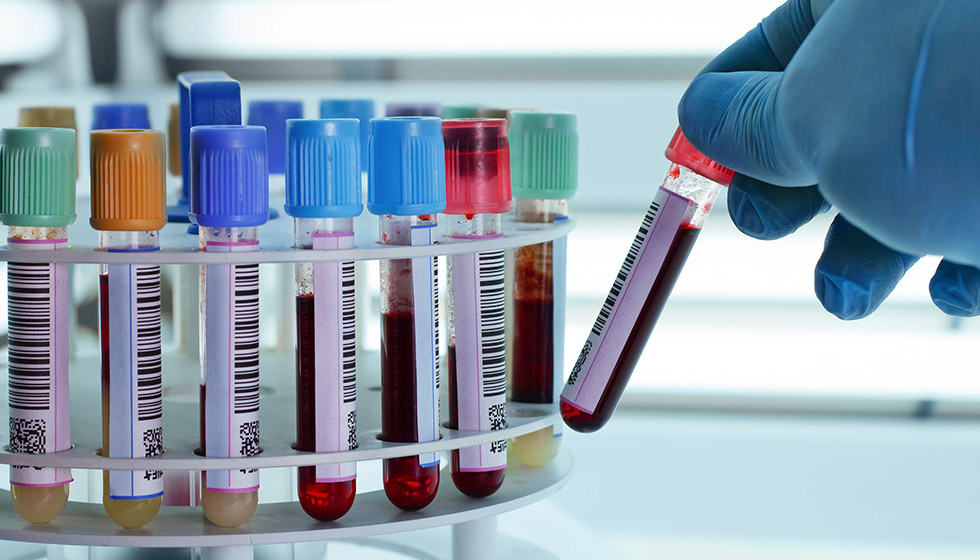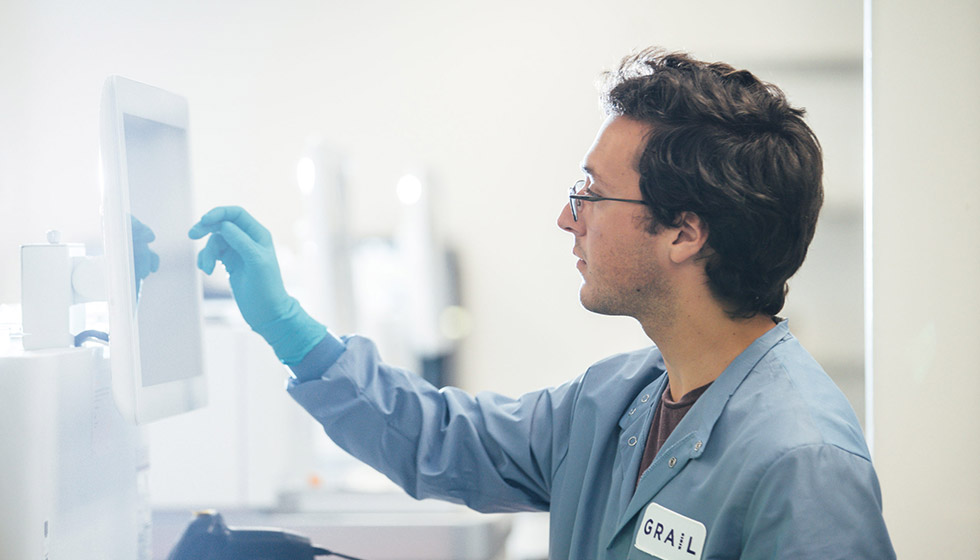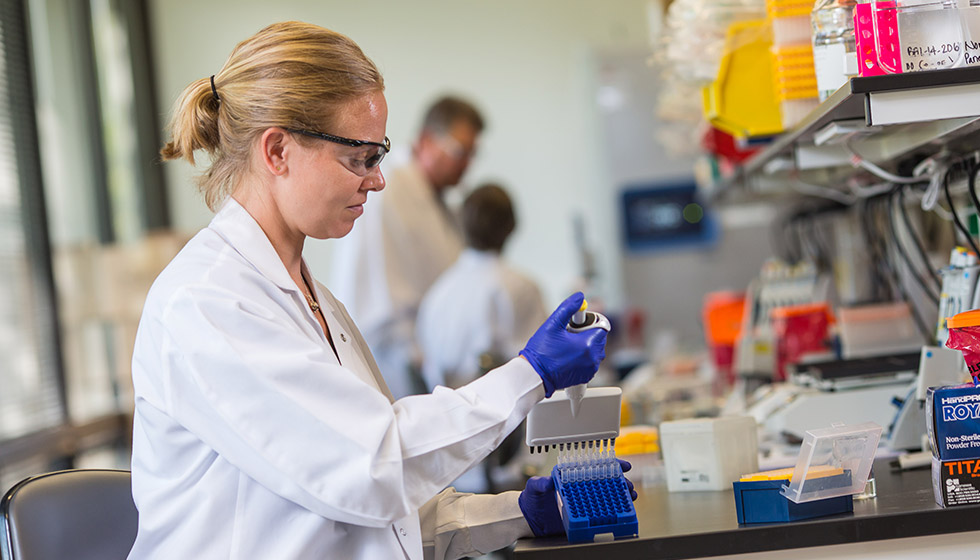A career that changes lives — even yours!
Find your path to a rewarding life sciences career in North Carolina.Choose an option below to get started.
Training
From certifications to advanced degrees, there are careers available across the state for a wide range of education levels.
Career Quiz
Narrow down your career options based on your established skill sets, and learn which jobs you’re already suited for.
Join a field with global impacts.
Across North Carolina, life sciences companies of all sizes are working on treatments that will impact people across the world.
In moving that research along, the help of contract research organizations, diagnostic testing companies, and biopharma manufacturers is invaluable — and they need help from people like you to improve and save lives.
Careers in these industries range from medical writing and project management to quality assurance and process engineering. Explore some of the careers available, find an option that fits your skills and personality, and contribute to work that changes lives.
Job Types
The life sciences industry covers a variety of job types, no matter your skillset or education level. Explore some of the featured job types, and find your new career.
Biopharma manufacturing is used here to describe the production of a broad range of medicines that save, sustain, and improve lives. In North Carolina, life sciences companies use advanced technologies and specialized processes to make everything from pills to flu vaccines, cancer treatments, cutting edge gene therapies, and more.
Contract research organizations (CROs) provide a range of services to support and advance the work of pharmaceutical and medical device companies. The specialized services of CROs are critical in preclinical research to assess drug candidates and clinical research to ensure new medicines are safe and effective. Similar to CROs, companies offering diagnostic tests are service based, developing and performing tests to evaluate patient samples. Diagnostic testing provides important measurements for clinical trials and is an essential tool for physicians to confirm illness, develop treatment plan, and even prevent disease.
Manufacturing Associate
Maintenance Technician
Process Development Technician
Process Engineer
Quality Assurance Associate
Quality Control Technician
Manufacturing Associate
Maintenance Technician
Process Development Technician
Process Engineer
Quality Assurance Associate
Quality Control Technician
Specimen Processor
Laboratory Technician
Data Research Coordinator
Clinical Research Associate
Biostatistician
Specimen Processor
Laboratory Technician
Data Research Coordinator
Clinical Research Associate
Biostatistician
Entry-Level Salaries
The average entry-level salaries for life sciences careers vary based on education levels. By seeking more training, you increase your potential to earn a higher salary.

Education Levels
Not all life sciences jobs require advanced degrees. In fact, some may simply require specific certifications and courses. Explore careers available at varying education levels, and find opportunities to further your training.
Certificates & Courses
Associate Degrees
Bachelor's Degrees
Master's Degrees
Find Training and Jobs Near You
With one of the largest life sciences ecosystems in the country, North Carolina employs more than 70,000 people in a variety of fields. Use the map below to find life sciences companies and training programs in your area.
 Biopharma Manufacturing Companies
Biopharma Manufacturing Companies Diagnostic & Preclinical Companies
Diagnostic & Preclinical Companies Contract Research Companies
Contract Research Companies Research & Development Companies
Research & Development Companies Universities
Universities Commmunity Colleges
Commmunity Colleges Community Colleges Offering BioWork
Community Colleges Offering BioWorkHeader image photo credit: Mayne Pharma / Rob Taylor
